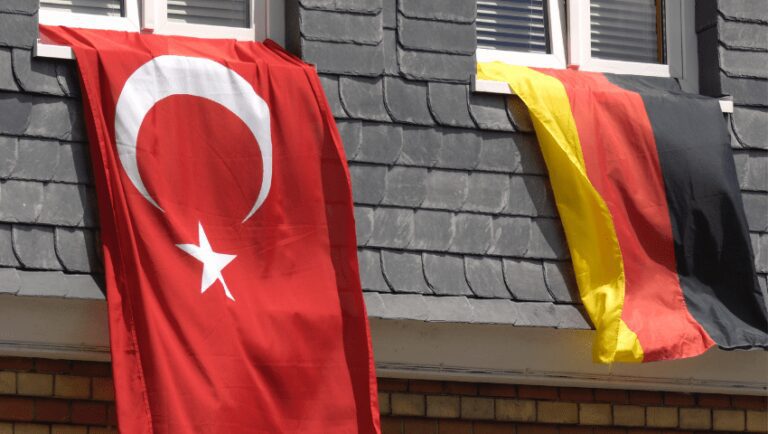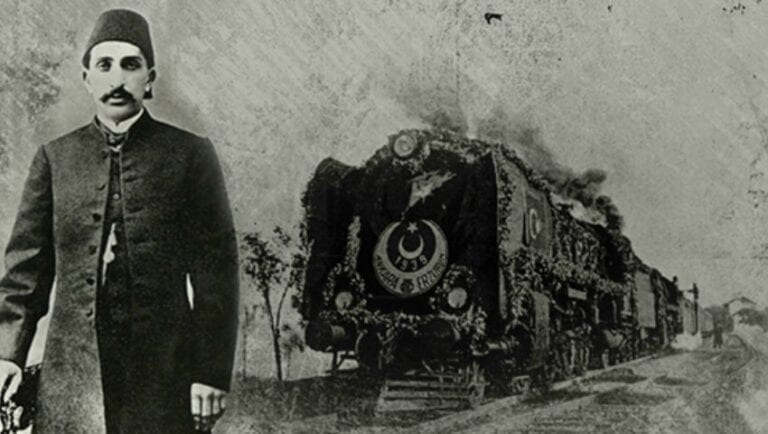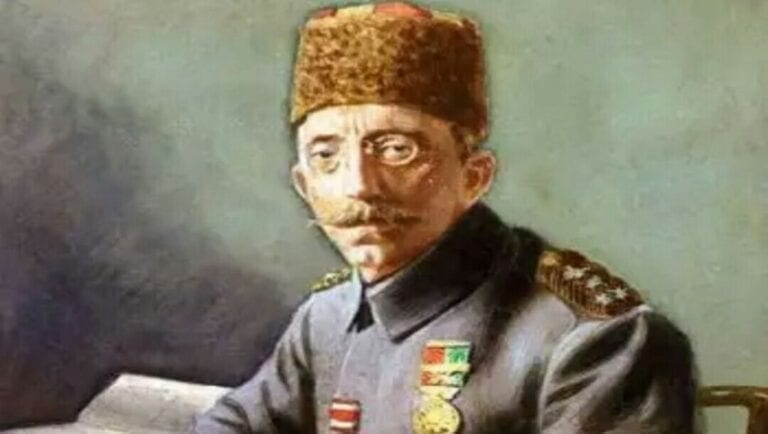Halide Edip Adıvar: A Pioneering Figure in Turkish Literature, Politics, and the National Movement
Table of Contents
Halide Edip Adıvar stands as a seminal figure in the annals of Turkish literature and history. Born in the late 19th century, her life journey spanned a period of profound transformation in Turkey, witnessing the twilight of the Ottoman Empire, the tumultuous years of the National Movement, and the birth of the modern Turkish Republic. Not merely a bystander, Adıvar actively shaped the intellectual and political discourses of her era.
Beyond her novels and writings, Adıvar delved into politics, education, and activism, championing the role of women in society and playing a pivotal role during critical junctures of the country’s history. Her multifaceted legacy remains a testament to her indelible influence on Turkish culture and thought.
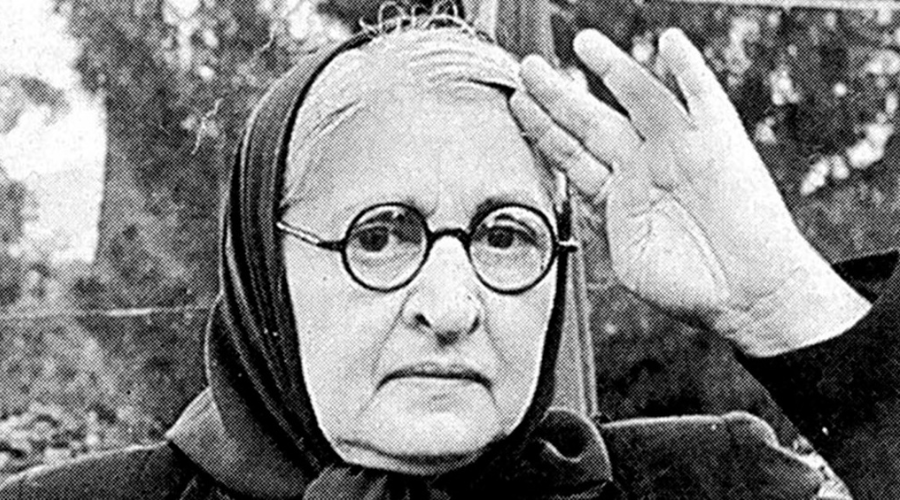
Introduction
Born in 1882 in the heart of the Ottoman Empire, Istanbul, Halide Edip Adıvar’s life was entwined with significant socio-political events of her era. Traversing her life gives us a unique lens to view the transformations that Turkey underwent, from the last years of the Ottoman Empire to the rise of the modern Turkish republic.
Early Life of Halide Edip Adıvar
Halide Edip Adıvar was the daughter of the chief clerk of the Imperial Ottoman Palace, Mehmet Edip Bey from Selanik, and Bedrifâm Hanım. The early demise of her mother cast a shadow on her childhood, leading her to spend much of it under the nurturing care of her grandmother.
The environment she grew up in ensured she was no ordinary girl. After moving back to her father’s house post his remarriage, she attended the American College. This was complemented by lessons from esteemed personalities: Rıza Tevfik provided her with insights into Turkish literature and philosophy, Salih Zeki introduced her to mathematics, and Şükrü Efendi was her guide to the Arabic language.
Professional Beginnings and Personal Life
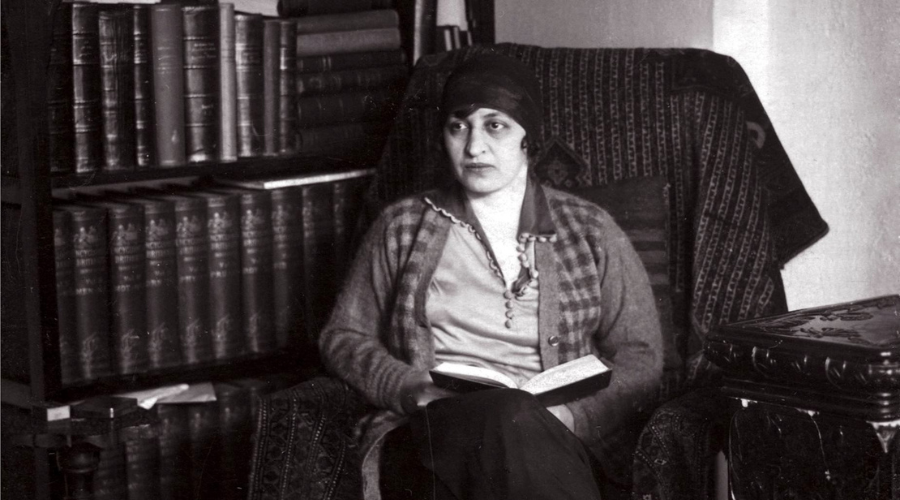
Marriage: In 1901, right after her college graduation, she married her tutor Salih Zeki. This union produced two sons. They had two sons: Ayetullah and Hikmetullah Togo, the latter named in celebration of Japan’s naval victory against Russia. After her first husband’s remarriage, they separated in 1911. Following this, she adopted the surname “Edip” in her writings. Later, in 1917, while in Syria, she married Dr. Adnan Adıvar, whom she had known since her school days.
Literary Endeavors: Encouraged by her English teacher, she translated John Abbot’s “Mother.” This work, published as “Mader,” earned her the “Şefkat Nişanı” award from Sultan Abdülhamid. The proclamation of the Second Constitutional Era in 1908 marked the beginning of her literary journey.
Exile: Due to her writings and political stance, the aftermath of the 31st March Incident forced her to flee to Egypt, later moving to England. However, the settling of events brought her back to Turkey in 1909, where Halide Edip Adıvar undertook pedagogy at Dârülmuallimât.
Literary & Political Ventures
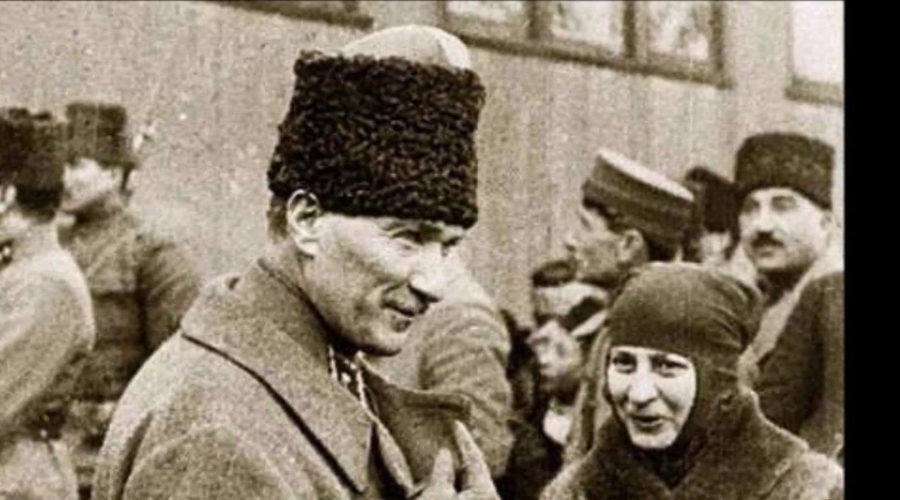
Journalism: Using the pseudonym “Halide Salih,” she began her writing journey with Tanin newspaper, under Tevfik Fikret’s leadership. Despite facing threats, she persisted, contributing to multiple publications.
Activism: Halide Edip Adıvar’s fervor was evident during the 31 March Incident, a political turmoil. Fearing assassination, she fled to Egypt, only to return in 1909 and continue her literary pursuits.
Contributions: Serving as a teacher and an inspector for girls’ schools, she observed Istanbul’s backstreets, which inspired her renowned novel, “Sinekli Bakkal.” During the Balkan War, she founded the first women’s association, Teali-i Nisvan Cemiyeti.
World War I Era: Halide Edip Adıvar’s engagement with the socio-political scene deepened. In 1917, she penned “Mev’ud Hüküm” and her first play “Kenan Çobanları.” After the First World War, she believed in the need for organization to demonstrate Turkey’s resilience. Halide Edip Adıvar was instrumental in the short-lived yet impactful Wilson Principles Society in 1918.
Opposition to Occupation: Following the occupation of Izmir in 1919, Halide Edip Adıvar vehemently voiced her opposition in various meetings, notably leaving a lasting impact with her speech at Sultanahmet.
Politics: Post the National Movement, due to political disagreements, Halide Edip and her husband left Turkey in 1924. During her exile until 1939 (barring a short visit in 1935), she emerged as an unofficial ambassador for Turkey, delivering lectures and penning articles, especially in England.
Anadolu Ajansı (AA): Conversations with Yunus Nadi led to the idea of establishing a news agency. The name “Anadolu Ajansı” was born from their mutual understanding that Anatolia would play a pivotal role in saving the nation. Mustafa Kemal Paşa’s support solidified the concept, and Anadolu Ajansı was officially founded on 6 April 1920. Over the years, AA has grown into a major global news source, providing news in multiple languages, including 13 different languages.
Women’s Rights and Education: Early in her career, she heavily emphasized women and children’s education. Halide Edip Adıvar was a pivotal force behind the Teâli-i Nisvân Society, promoting women’s active participation in social life.
Role in the Balkan War: During this tumultuous period, she served as a nurse in hospitals set up by the Teâli-i Nisvân Society.
Association with Mustafa Kemal Atatürk: The occupation of Izmir in 1919 saw Halide Edip Adıvar delivering impassioned speeches, rallying for the National Movement. Her strong association with Mustafa Kemal Atatürk, the founder of modern Turkey, began around this period. Their professional relationship was characterized by mutual respect and intense intellectual exchanges.
Works of Halide Edip Adıvar
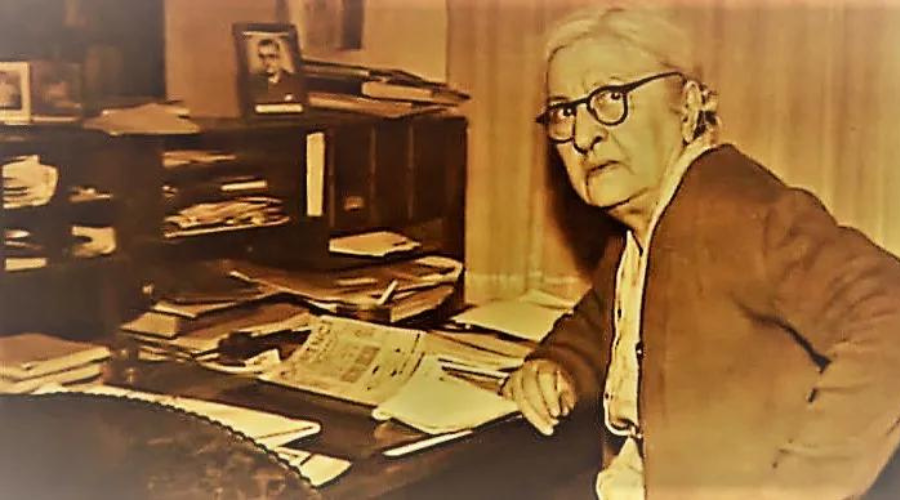
- Heyula (1908) – Phantom
- Raik’in Annesi (1909) – Raik’s Mother
- Seviye Talip (1910) – Seviye Talip
- Handan (1912) – Handan (Same, as it’s a personal name)
- Yeni Turan (1912) – New Turan
- Son Eseri (1913) – Her Last Work
- Mev’ud Hüküm (1918) – Promised Verdict
- Ateşten Gömlek (1923) – The Shirt of Flame
- Vurun Kahpeye (1923) – Strike the Harlot
- Kalp Ağrısı (1924) – Heartache
- Zeyno’nun Oğlu (1928) – Zeyno’s Son
- Sinekli Bakkal (1936) – The Grocer with Flies
- Yolpalas Cinayeti (1937) – The Yolpalas Murder
- Tatarcık (1939) – The Little Tatar
- Sonsuz Panayır (1946) – The Eternal Fair
- Döner Ayna (1954) – Revolving Mirror
- Akile Hanım Sokağı (1958) – Akile Hanım Street
- Kerim Ustanın Oğlu (1958) – The Son of Master Kerim
- Sevda Sokağı Komedyası (1959) – The Comedy of Love Street
- Çaresaz (1961) – Desperate
- Hayat Parçaları (1963) – Pieces of Life
Short Stories:
- İzmir’den Bursa’ya (with Yakup Kadri, Falih Rıfkı, and Mehmet Asım Us, 1922) – From Izmir to Bursa
- Harap Mabetler (1911) – Ruined Temples
- Dağa Çıkan Kurt (1922) – The Wolf That Went to the Mountain
Theater:
- Kenan Çobanları (1916) – The Shepherds of Kenan
- Maske ve Ruh (1945) – Mask and Soul
Memoirs:
- Türkün Ateşle İmtihanı (1962) – The Turk’s Trial with Fire
- Mor Salkımlı Ev (1963) – The House with Purple Wisteria
TL;DR
Halide Edip Adıvar, born in Istanbul in 1882, was an emblematic figure in Turkish history, known for her literary works, political activism, and significant contributions during Turkey’s transformative years. Her association with leaders like Mustafa Kemal Atatürk, her efforts in education and women’s rights, and her representation of Turkey abroad during her exile made her an unforgettable figure in Turkish culture and history.


